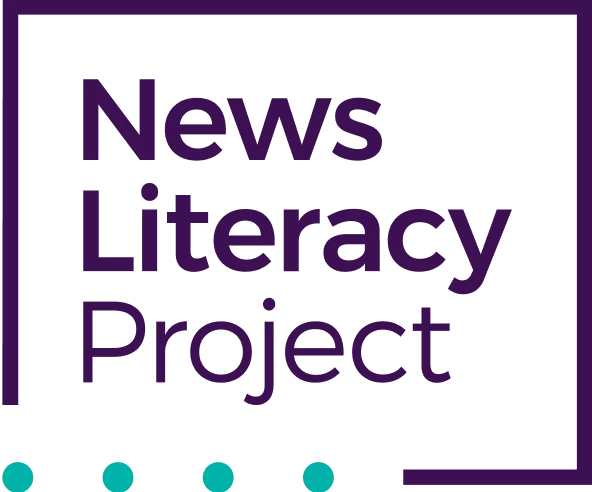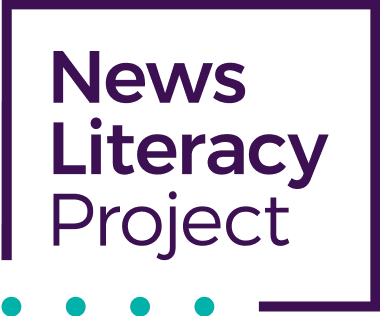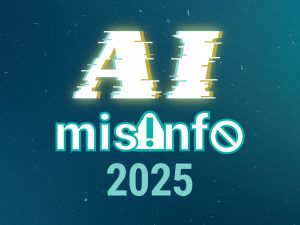NLP’s Newsroom to Classroom program brings journalist visits back to schools

Usually, the last day of school is an exercise in the mundane: emptying lockers, clearing out desks, shelving books in the library. But that wasn’t the case on June 20 for the fourth-graders in Jodi Mahoney’s technology classroom at Carl Von Linné School in Chicago.
They wrapped up the school year with a virtual visit from Ann Cooper, an award-winning radio and print journalist and the CBS Professor Emerita of Professional Practice at Columbia Journalism School in New York City. The topics of the day: why freedom of the press is important, what reporters’ jobs entail and how the students would cover a story about bullying.
Cooper’s visit with Mahoney’s class was the first in NLP’s new Newsroom to Classroom program — a revival of the journalist visits that were a hallmark of our initial classroom and after-school programs in New York City, Chicago, the Washington, D.C., area and Houston. Through this initiative, educators with Premium access to our Checkology® virtual classroom can invite NLP journalist volunteers to visit their classrooms, in person or virtually, and give students the benefit of their experience and expertise.
Based on what Mahoney and Cooper told us, the visit was a success.
‘Students loved it’
“Ann talked to students about how news and access to news has changed, what journalists do, discussed freedom of the press internationally and in the U.S., and had students discuss a real-life example of a student who was bullied on a bus and how they would handle it if they were reporters on their school newspaper,” Mahoney said. “Students loved it.”
Cooper also noted how that real-life example resonated with the class. “To my surprise, many students jumped right in with ideas and questions,” she said.
To ensure that the visit would be meaningful, Mahoney and Cooper discussed topics in advance. They decided to tie the session to the Checkology lesson “InfoZones,” in which students learn to identify the primary purpose of information. Cooper also provided the students’ homeroom teacher with materials for them to review.
During the visit, Cooper described her experiences as a journalist (she was, among other things, NPR’s first Moscow bureau chief), explained why journalism is important to society and spoke to the class about how some governments and lawmakers seek to curb press freedom.
“We specifically talked about the case of Ivan Golunov of Russia, which played out over the previous week,” she said. (Golunov, who has exposed corruption in Moscow for the news website Meduza, had been arrested and held under house arrest for attempting to sell drugs, a charge his supporters said was fabricated; he was released when authorities said there wasn’t evidence to hold him.) “They had watched some videos about the case as it unfolded, and they had good questions and observations.”
‘Valuable learning experience’
At the end of class, Cooper asked the students if they would be interested in becoming journalists. “The entire class enthusiastically raised their hands and shouted ‘Yes!’” Mahoney said. “This was a valuable learning experience for my students.”
Mahoney and Cooper have agreed to schedule a second visit with the same students in the fall.
I was delighted to hear that this initial session went so well and look forward to hearing about many more significant classroom connections in the 2019–20 school year. The Newsroom to Classroom program is just one way that NLP is greatly expanding its reach and impact and enhancing the experience of both educators and students.
So far, volunteers include journalists from such outlets as The New York Times, NPR, The Washington Post, Univision, The Wall Street Journal, ProPublica and WBEZ, Chicago’s public radio station. Journalists interested in participating in Newsroom to Classroom can learn more by emailing journalists@newslit.org.





